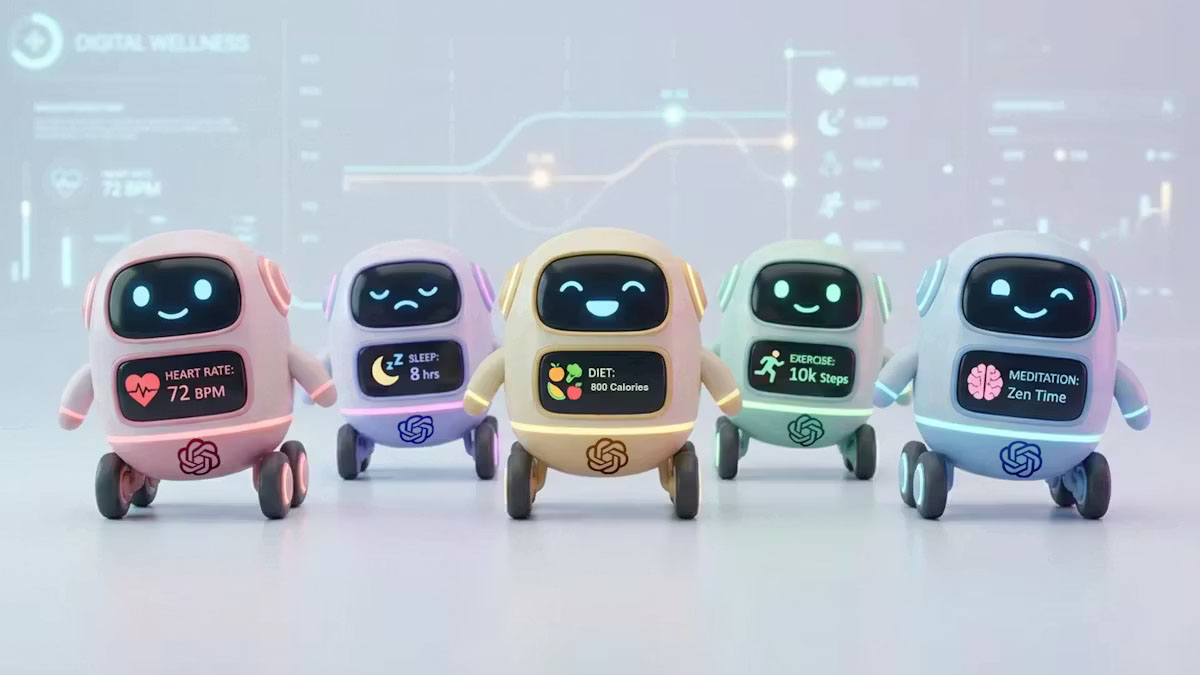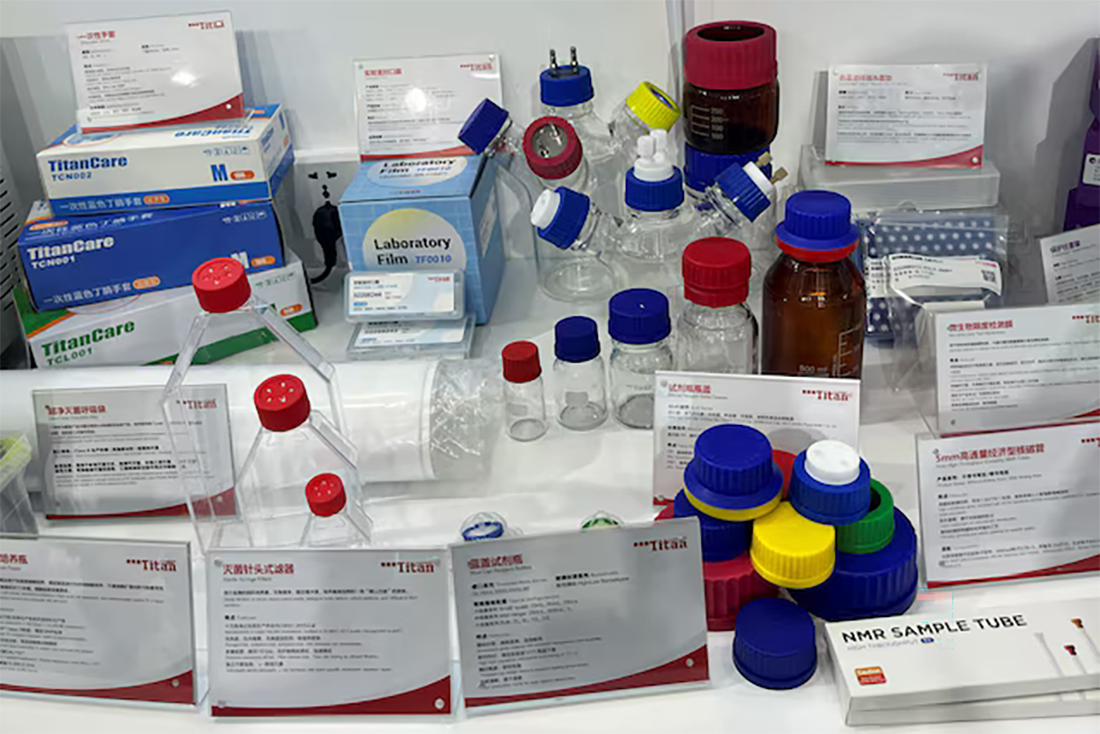ANTHROPIC JOINS HEALTH CARE PUSH WITH NEW FEATURES

Photo Credit; Getty Images
Just days after OpenAI’s entry into the space, Anthropic has unveiled healthcare features for Claude that allow the AI to access and analyze sensitive medical records. While this signals a major technological push into life sciences, the move highlights the growing role of AI in high-stakes fields where accuracy and privacy are paramount. The launch positions healthcare as the ultimate testing ground for whether generative AI can safely handle the world's most personal data.
Both tools will allow users to share information from health records and fitness apps, including Apple’s Health app, to personalize health-related conversations.
At the same time, the expansion comes amid heightened scrutiny over whether AI systems can safely interpret medical information and avoid offering harmful guidance.























